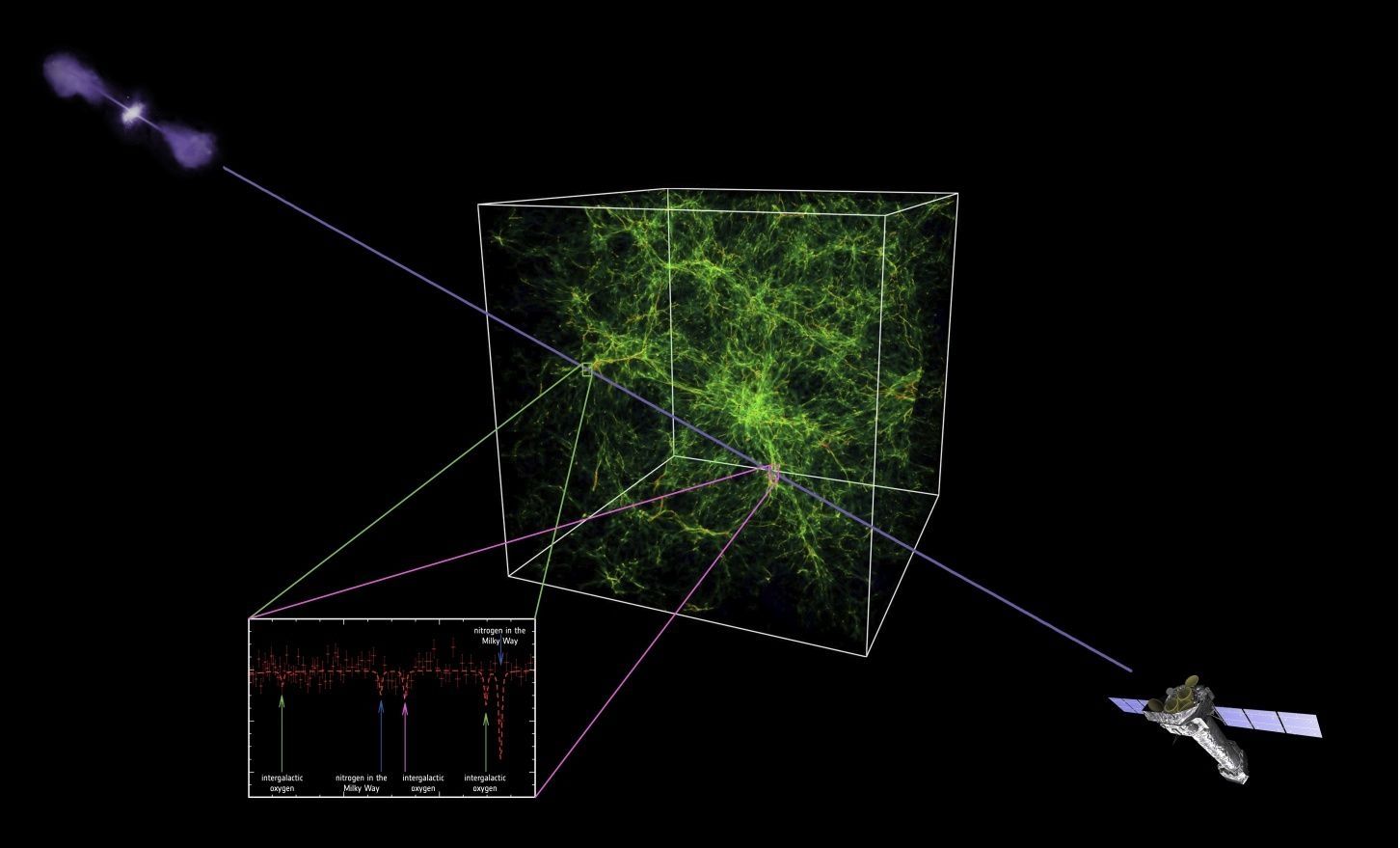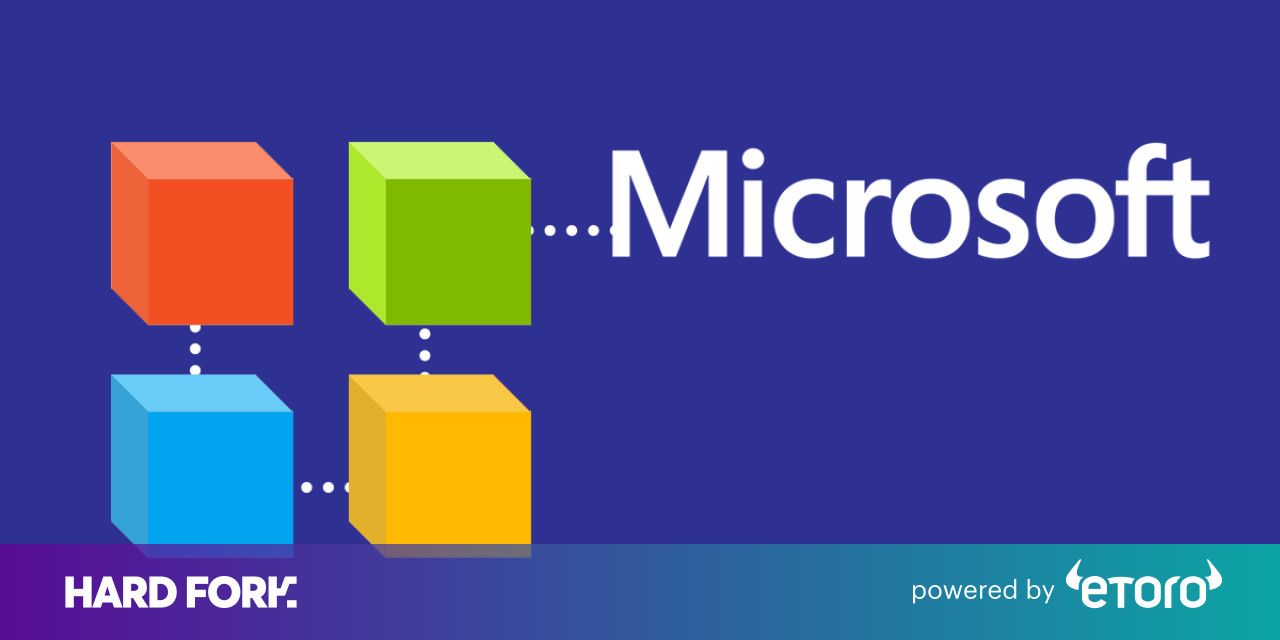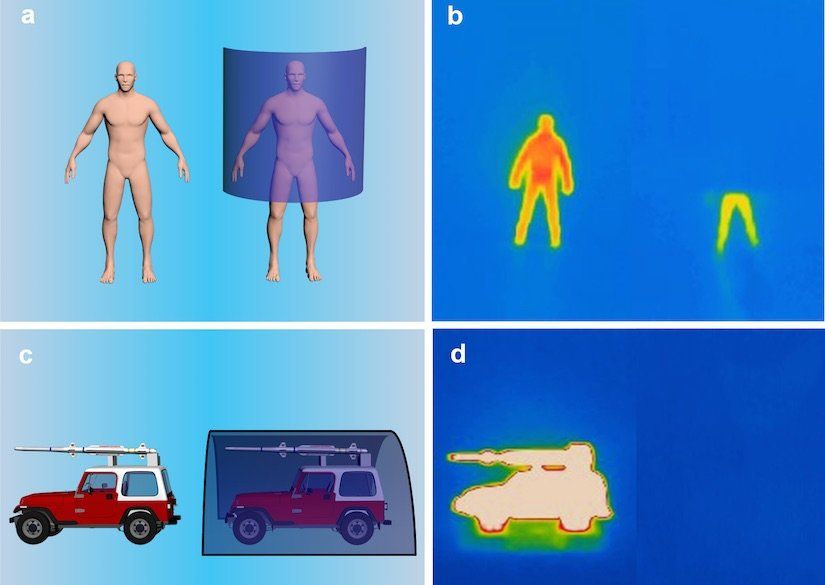The exponential potential of longevity technologies.
Jim Mellon became a billionaire by pouncing on a wide variety of opportunities, from the dawn of business privatization in Russia to uranium mining in Africa and real estate in Germany. But all of that might eventually look small, he says, compared to the money to be made in the next decade or so from biotechnologies that will increase human longevity well past 100.
The British investor is so enthusiastic about these technologies that he co-authored a 2017 book about them, Juvenescence: Investing in the Age of Longevity, and launched a company, Juvenescence Ltd., to capitalize on them. “Juvenescence” is a real word — it’s the state of being youthful. Says Mellon, who is 61: “I’m hoping that this stuff works on me as well as on my portfolio.”
Juvenescence Ltd., which has raised $62.5 million from Mellon and some partners, has invested in or is close to confirming investments in nine biotech companies. He won’t discuss most of them. But one of the deals was an 11 percent stake in Insilico Medicine, a company applying machine-learning techniques to drug discovery. Insilico Medicine and Mellon’s company also formed a joint venture called Juvenescence AI to investigate the therapeutic properties of specific compounds. Mellon is particularly optimistic that this venture can develop a “senolytic” drug that helps the body clear out cells that have stopped dividing and can damage other cells.







